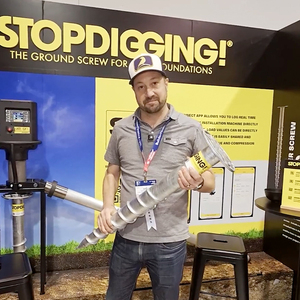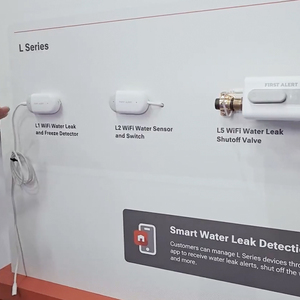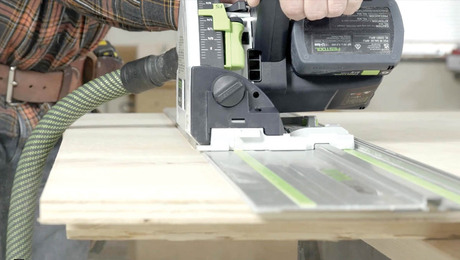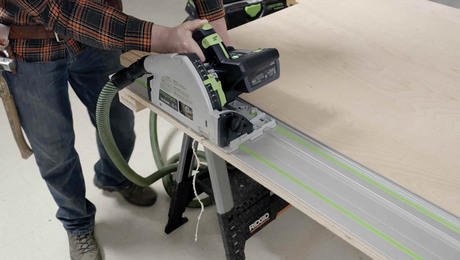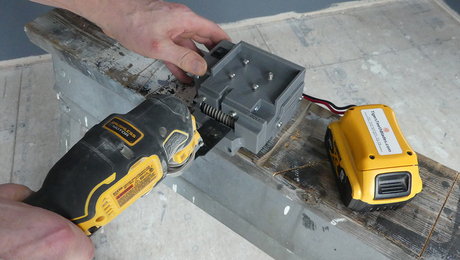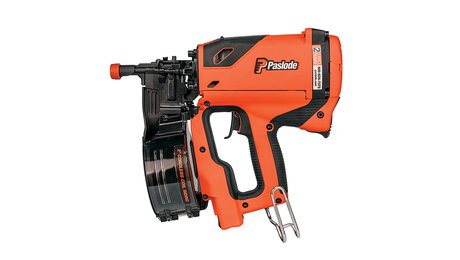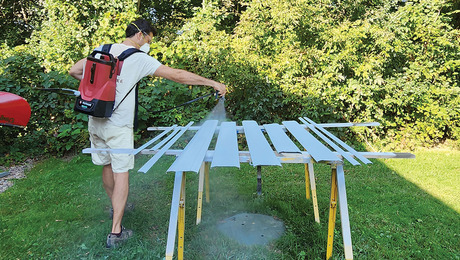Making Sense of Amp Hours in Cordless Batteries
Find out how these ratings affect the run time of your tools
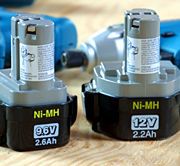
Most manufacturers supply 2.0ah batteries with their tools, however several companies market batteries with a variety of amp-hour ratings. I was curious what difference these ratings had on run time (the length of time you can run the tool on a freshly charged battery) and if a 2.6ah 9.6v battery could outperform a 2.0ah 12v battery, so I called up a Makita rep.
According to Vince Caito at Makita, the more amp hours the more run time, like having a larger fuel tank; however, there’s a big but: Run time is always dependent on work load and demand. Because most of us demand a lot from our cordless tools, a 12v tool will always outperform a 9.6v, regardless of the amp-hour rating. And there’s a drawback to higher amp-hour batteries: the higher the amp hours, the shorter the life cycle (total amount of charges per battery) because there’s less fluid in the cells.
I also tested the batteries. I found that 2.6ah 12v batteries didn’t drive as many screws as 2.0 ah 12v batteries — same size screws, same 2×4 studs. So much for higher technology.
Gary M. Katz is a carpenter and writer living in Reseda, California. For more on this topic, see Understanding cordless-tool batteries.
Photo: Roe Osborn
Fine Homebuilding Recommended Products
Fine Homebuilding receives a commission for items purchased through links on this site, including Amazon Associates and other affiliate advertising programs.
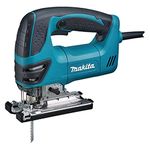
Makita Top-Handle Jigsaw (4350FCt)
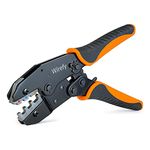
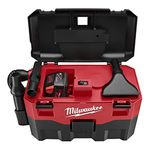
Milwaukee Cordless Shop Vac (0880-20)




